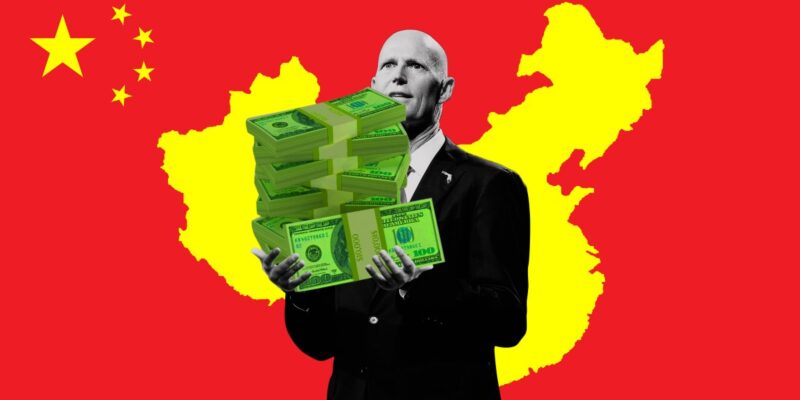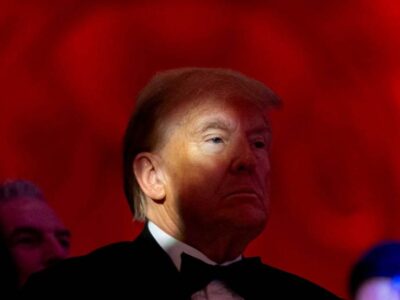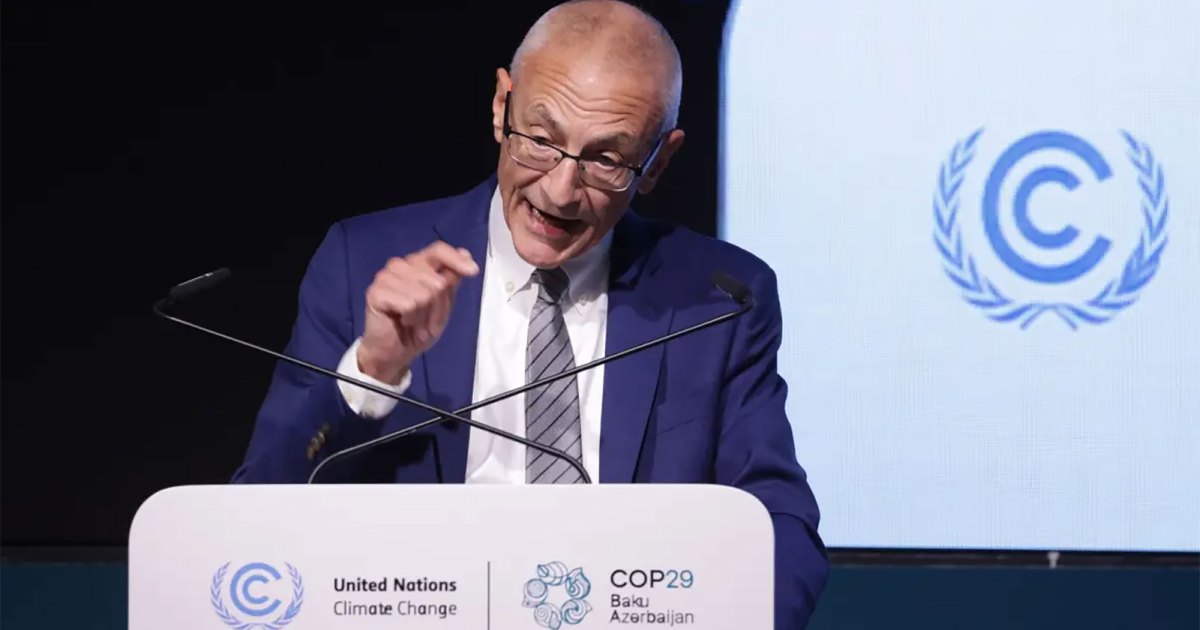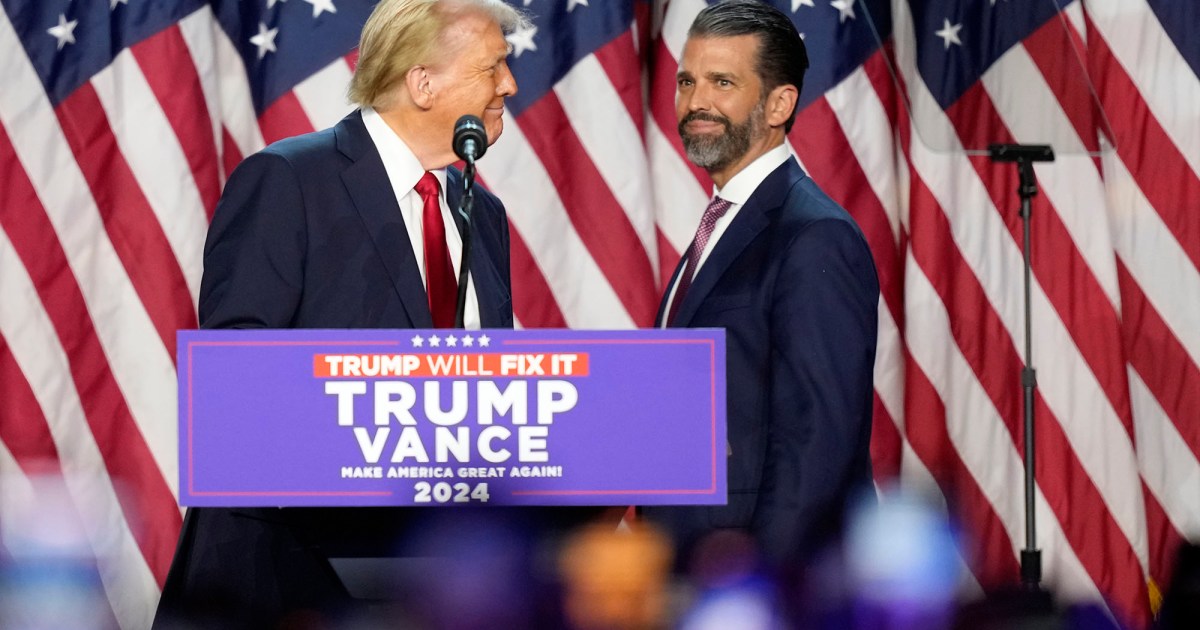
In November, ahead of President Joe Biden’s meeting with Chinese leader Xi Jinping, Sen. Rick Scott (R-Fla.) issued a press release casting himself as a fierce opponent of China. It declared, “Since being elected to the U.S. Senate, Senator Scott has introduced dozens of bills to punish Communist China for its increased military aggression, continued cyberattacks on both private companies and U.S. government agencies, unfair trade practices and stealing of data and intellectual property from American citizens and businesses.” Several months earlier, Scott, who is up for reelection this year, called on Americans to boycott products manufactured in China and to demand that US companies halt doing business there. Last year, he declared that the United States had to “Stop buying [Chinese] stuff. Stop helping them. Stop investing in China.” And he tweeted, “You don’t do business with your enemies.”
Yet contrary to the image he now eagerly projects as a fierce China hawk looking to ban business with China, Scott, a former health care executive whose firm was fined $1.7 billion for Medicare fraud and who is worth hundreds of million of dollars, has a long record of supporting Chinese investment in the United States and personally making money off Chinese commerce.
In 2014, while Scott was governor of Florida, his administration tried to recruit Chinese businesses to establish operations in the Sunshine State. Enterprise Florida—a partnership between the state government and local businesses—opened offices in Shanghai and Hong Kong to attract Chinese investment in Florida, and Scott dispatched the state secretary of commerce, Gary Swope, who was CEO of Enterprise Florida, to China for this occasion. A report issued by Enterprise Florida in 2020 (a year after Scott left the governor’s mansion for the Senate) noted that the outfit had positioned “Florida as an ideal business destination for Chinese companies.”
One particular venture stood out. In 2018, Scott’s administration boasted that through EF it had helped expand the operations in Florida of a Chinese solar firm called JinkoSolar. When JinkoSolar that year announced it would build a new state-of-the-art solar panel manufacturing facility in Jacksonville, Scott took credit for this and declared, “Florida’s economy is on a roll.” City and state tax incentives for the JinkoSolar plant totaled $4.2 million.
A few months later, the Sarasota Herald-Tribune reported the deal with this Chinese firm “could pad Scott’s vast, personal bottom line.” The paper noted that he was an investor in a subsidiary of NextEra Energy, the parent of utility giant Florida Power & Light. And NextEra had said it planned to purchase 7 million solar panels from JinkoSolar over the following four years.
A Scott spokesperson at the time said that Scott “has never made a single decision as governor with any thought or consideration of his personal finances.” The newspaper pointed out that Scott had played a very public role in bringing JinkoSolar to Jacksonville and owned as much as $250,000 in NextEra Partners stock, with his wife holding up to $500,000 in this stock. When Scott and his wife sold their NextEra holdings in 2019, they cleared between $150,000 and $1.1 million in capital gains, according to his Senate financial disclosure report (which lists amounts in categories, not specific figures).
Two years after selling his NextEra holdings, Scott introduced a bill called the “Keep China Out of Solar Energy Act” to prohibit federal funds from being used to buy solar panels manufactured or assembled in China, specifically the Xinjiang province, which has been known as a site of forced labor camps. The following year, US Customs and Border Protection officials seized solar energy components heading to JinkoSolar and two other Chinese companies, under a new law that banned imports from China’s Xinjiang region due to concerns about slave labor at Uyghur detention camps. Months later, the JinkoSolar shipments were cleared for importation and released.
Though Scott now advocates cutting off any US investment in China, he held direct investments in Chinese stock funds in the early 2010s. For instance, according to his annual financial disclosure forms, in 2010 he held up to $328,315 in a particular Chinese fund.
Scott also made a bundle with a plastics company that teamed up with a Chinese firm to manufacture components for automotive vehicles in China. As the Miami Herald reported in 2018, Scott in 2005 used $14 million in cash to arrange the leveraged buy-out of Continental Structural Plastics, a Michigan-based firm that made parts for car and truck manufacturers. Scott led the company until he was elected governor in 2010. But by then the firm was near insolvency and racked with high debt. Scott’s successors mounted a turnaround that included a 50/50 joint venture struck in 2014 with the Qingdao Victall Railway Group in Tangshan, China. According to a press release put out at the time, the new project would operate out of a 322,000 square-foot manufacturing facility located in Tangshan and produce “composite components for the automotive, heavy truck and bus, construction and agriculture markets in China.”
In 2016, Teijin, Ltd., a Japanese conglomerate bought Continental Structural Plastics for $825 million. The Herald noted that Scott and his family owned 66.7 percent of the company when it was sold, meaning they apparently pulled in about $550 million from the sale of a firm that had partnered with a Chinese company. His net worth increased by 55 percent mainly due to this one deal. (By the way, in 2013, according to the newspaper, Scott had led a delegation of business leaders to Japan to meet with Japanese executives, and the list of Japanese firms invited to talk with the Americans included Teijin, Ltd.)
More recently, Scott and his wife, Ann Holland Scott, have held a variety of investments with Chinese connections. In 2021, according to Business Insider, they sold a massive investment in Valterra Products Holdings, a California firm that manufactures products and parts for recreational vehicles, buses, pools, spas, and other applications, and netted between $15 million and $75 million. Its product line included goods manufactured in China.
The couple reported on his 2022 financial disclosure form that their family earned at least $4 million from their holdings in Gainline Capital Partners, which owned a handful of companies, including Galaxy Universal, a footwear company, and Core Health & Fitness, a maker of fitness equipment. Both of these firms manufacture products in China. (In 2018, Core Health announced it was shifting much of its manufacturing to China.)
Scott and his wife also invested over $3.5 million in Casdin Partners, which invested in Zentera, a Chinese biopharmaceutical company; CANBridge Pharmaceuticals, a drug company based in China and the United States; and LianBio, a Chinese biotech firm. The couple owned $2 million of stock in Wireless Telecom Group, a global designer and manufacturer of advanced radio frequency and microwave components, modules, systems, and instruments that does significant sales in China.
Scott and his wife, according to his disclosure forms, have invested millions of dollars in other financial corporations with major interests in China. In 2022, they had between $1.8 million and $3.75 million invested in funds managed by OVO Fund, a venture capital firm. One of its portfolio companies is Avaamo, an AI firm that has drawn backing from a Chinese VC firm called WI Harper. And that VC company has been funded by another Chinese VC firm, Westlake Ventures, which has been tied to the Chinese government. OVO Fund has also held investments in other firms engaged in business in China.
Mother Jones sent Scott’s office a request for comment and a list of questions regarding Scott’s specific actions and investments related to China. His communications director, McKinley Lewis, replied in an email, “Nobody has fought harder in the US Senate to combat the threats posed by Communist China than Senator Rick Scott, and he’ll be happy to put his record up against the China-loving Biden admin and the Democrats who are all pushing Biden’s pro-China agenda. You know it’s a weak hit when no legitimate outlets will take the Democrats’ oppo and they have to settle for giving it to Mother Jones.”
Lewis did not address any of the details in this article.
Scott is a tycoon with massive financial investments, and in the world of global finance and industry it is hard to avoid contact with Chinese businesses. Yet there’s no public indication that Scott, who has strived to be the Senate’s top China-basher, made efforts to steer clear of China when it came to making money. He has raised legitimate concerns about human rights and free speech in China and about China’s military intentions. But such matters did not seem to get in the way when he was trying to whip up business opportunities for Florida or when it came to managing his personal financial portfolio. He’s a China hawk whose nest egg grew in part due to the sort of China-related business activity he now seeks to ban.















